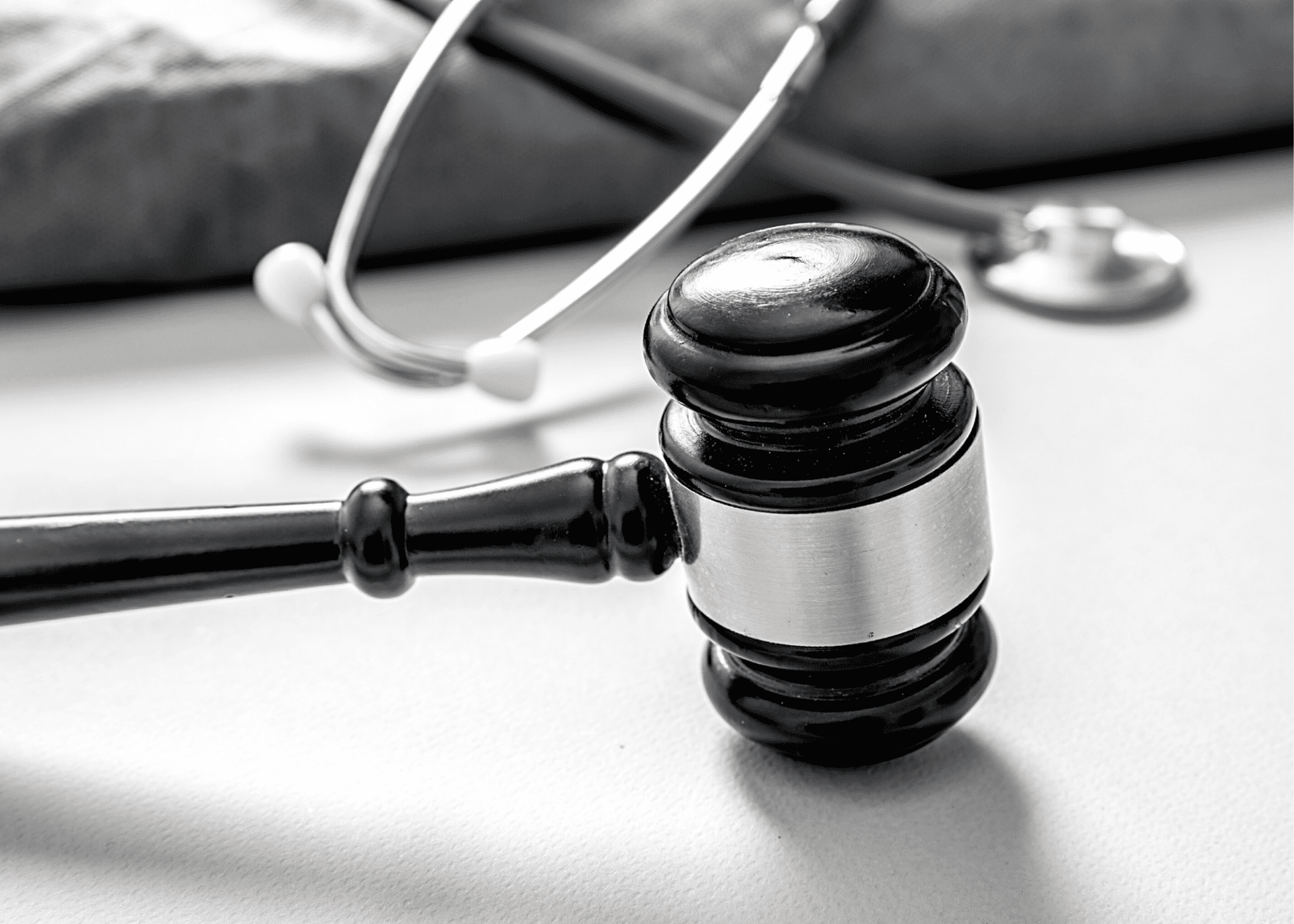Powers of Attorney
Powers of Attorney
A power of attorney is a document that will allow you to select an agent (a representative) to manage your financial, medical, or parental responsibilities if you are unable to handle them for yourself. Illness, incarceration, long-term travel, and peace of mind are all reasons to have a power of attorney. Generally, there are two main types of POAs you should consider, and each can be tailored to fit your specific needs

General Power of Attorney
This type of Power of Attorney gives your agent broad powers to act on your behalf. With this type of POA, you can ensure that your agent can handle your financial affairs, business transactions, insurance claims and other issues, giving gifts on your behalf, hiring employees, and real estate transactions.
A General Power of Attorney should be used by someone you trust to manage your finances, buy and sell property on your behalf, pay your bills, run your business if you are unable to, and make sure your everyday needs are met. This type of power of attorney can begin immediately after you sign it, or you can specify that this power is given only when you can no longer manage your own affairs. Be sure that the person you have chosen to be your agent is someone who will look out for your best interests and will not abuse the trust you have put given them.

Healthcare Power of Attorney
Should you ever become unconscious, mentally incompetent, or unable to otherwise make your own medical decisions, a Health Care Power of Attorney will give your chosen agent the ability to make medical decisions for you and ensure that you are able to receive proper medical care.
If the common POAs don’t fit exactly what you are looking for, you may consider having a Special Power of Attorney written to fit your exact needs. This type of POA lets you specify exactly what powers your agent can use on your behalf and limits their control over your affairs. You can also choose whether you want your Power of Attorney to be “durable” and last for longer than a given period of time.
Should married couples have a Power of Attorney? Absolutely. Some couples have specific people that they wish to have handle their affairs if they cannot. While the power to make decisions for you will generally pass to your spouse if you become incapacitated, what happens if they are unable to make decisions on your behalf? If you have children, who will make decisions for them if you and your spouse are both unable? Accidents happen every day and while it is hard to think about tragedy striking your family you should have a plan set in place in case of emergency.
In addition, our Nashville Lawyer can draft a Power of Attorney that specifies the circumstances under which a Power of Attorney takes effect and what happens if your first choice of agent is unable or unwilling to handle your affairs. If you need a Power of Attorney call our office at (615)475-7041.